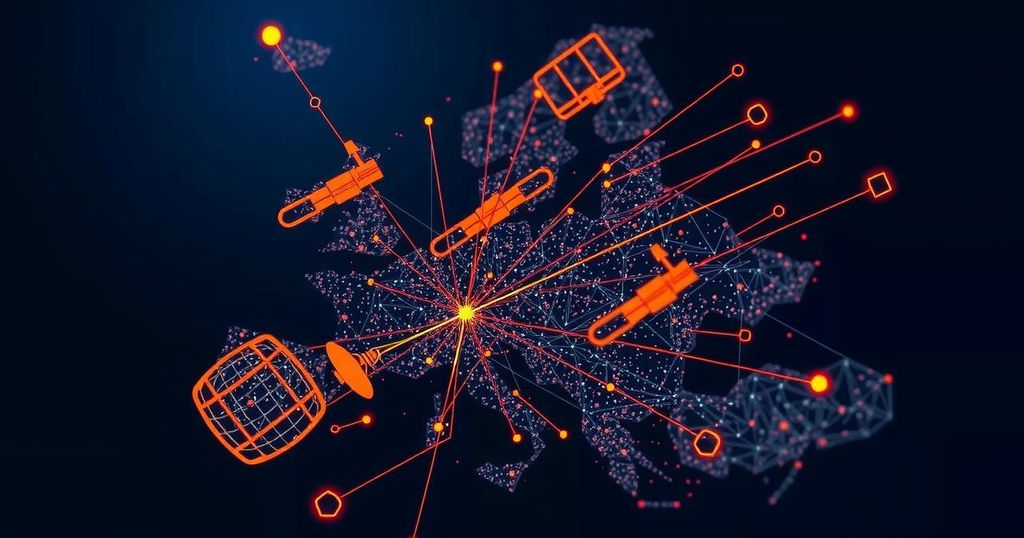The European Commission plans to launch a broadband satellite constellation named IRIS², consisting of 290 satellites at a cost of over 10 billion euros. This initiative aims to ensure Europe’s digital sovereignty and independence from foreign satellite networks. The funding will be shared between European governments and private industries, with a significant focus on providing secure internet connectivity for both military and commercial use.
In a move reminiscent of a phoenix rising from the ashes, the European Commission has unveiled plans for a monumental leap into the digital cosmos with the IRIS² initiative, slated to launch a state-of-the-art broadband satellite constellation comprising 290 satellites. Set to be operational before this year draws to a close, this ambitious project is shrouded in an estimated investment of over 10 billion euros (approx. $10.9 billion), marking a significant stride towards Europe’s digital independence. Although the official press release refrained from revealing financial specifics, whispers in the European media have broadly circulated this hefty price tag. This endeavor, marked by the name Infrastructure for Resilience, Interconnectivity, and Security by Satellite (IRIS²), is a concerted effort to wrest control of satellite broadband from foreign entities. Currently, operators like SpaceX with its Starlink network and OneWeb, backed in part by Eutelsat, hold sway over Europe’s access to high-speed internet via satellite. The European Commission, nurtured by the guidance of the European Union, is keen on establishing a sovereign network, alleviating reliance on external services, especially given the geopolitical shifts that have rendered regions vulnerable. Synthesizing public and private resources, the IRIS² program will be underpinned by a delicate financial balance—European governments expected to shoulder roughly 60% of the burden, while the remaining 40% is anticipated to flow from the private sector, nurturing a partnership model reminiscent of how Europe has historically approached significant infrastructural projects. With the backdrop of the ongoing global race for satellite connectivity, where not just Europe but also nations like Canada are forging ahead with their own mega-constellations, the strategic importance of this initiative echoes within the walls of EU member states’ military and commercial ambitions. The specter of Starlink’s utility on Ukrainian battlefields highlights a pressing need for robust, reliable, and secure internet communications—an imperative that the IRIS² initiative seeks to fulfill. The discussion surrounding such networks is as electric as the satellites that will soon dance across the firmament. Just like an audacious voyager ready to claim uncharted territories, Europe stands poised to navigate its destiny in the celestial realm of connectivity, ensuring that, come what may, its digital sovereignty is in its own hands.
The IRIS² program was introduced by the European Union in 2022 in response to a dire need for a sovereign satellite broadband constellation that could provide reliable internet access without dependency on foreign entities like the USA’s SpaceX and UK’s OneWeb. By investing heavily in this initiative, Europe aims to establish its own infrastructure, fostering resilience and security while maintaining the capability to cater both to military forces and commercial customers. The ongoing global race for satellite internet access has seen various countries, including Canada and China, initiating similar projects to bolster their own capabilities, emphasizing the strategic necessity for the IRIS² program.
The launch of the IRIS² program symbolizes a decisive shift for Europe towards achieving digital sovereignty and independence in satellite communications. As the EU prioritizes a secure broadband future, the strategic implications of controlling satellite networks could redefine not only internet access but also bolster military readiness and commercial ventures. By standing firm in this celestial battleground, Europe aims to ensure its place among the stars, unshackled by external influences.
Original Source: arstechnica.com

Leave a Reply